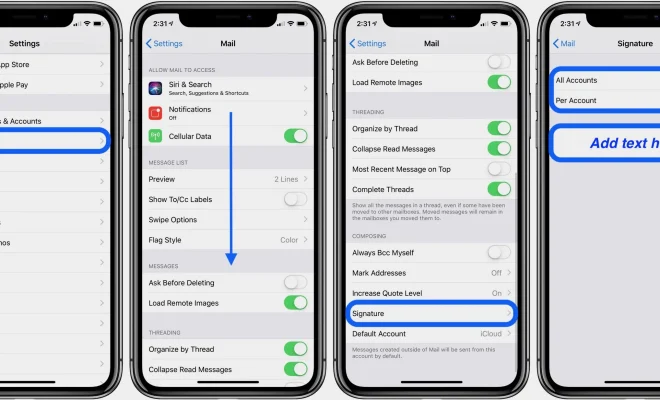What Is eMMC and How Does It Compare With Other Storage Media?

eMMC, short for embedded MultiMediaCard, is a common storage solution used in a variety of electronic devices, including smartphones, tablets, and laptops. Although it is a newer technology compared to traditional storage media such as hard disk drives (HDDs) and solid-state drives (SSDs), it has gained popularity due to its affordability, compact size, and performance capabilities.
eMMC storage is essentially a type of flash memory that is integrated into a device’s motherboard, rather than being a removable storage option like an HDD or SSD. It consists of a controller, a NAND flash memory chip, and firmware, all embedded in a single package. The controller acts as an interface between the memory chip and the device’s processor, managing data storage and retrieval operations.
Compared to other storage media, eMMC has several advantages. Firstly, it is affordable, making it a common choice for budget devices. It is also compact, allowing devices to be thinner and lighter. This is an important factor for smartphones and tablets, which need to be portable and easy to carry. eMMC is also relatively power-efficient, which is important for devices that rely on battery power.
However, eMMC does have its limitations. Its read and write speeds are slower than those of SSDs, which can affect device performance. It also has a limited lifespan and can only be written to a certain number of times before it wears out. This makes it less suitable for heavy data processing tasks, such as video editing and gaming.
Another important consideration for consumers is storage capacity. eMMC storage typically ranges from 4GB to 128GB, which is sufficient for basic storage needs. However, larger storage requirements will require HDDs or SSDs, which can provide terabytes of storage space.
In conclusion, eMMC is a versatile storage solution that has found a place in a wide range of consumer electronics. Its affordability, compact size, and power efficiency make it an attractive option for budget devices, while its relatively slow speed and limited lifespan make it less suitable for heavy data processing tasks. Consumers should consider their storage needs and device requirements before choosing eMMC or other storage options





